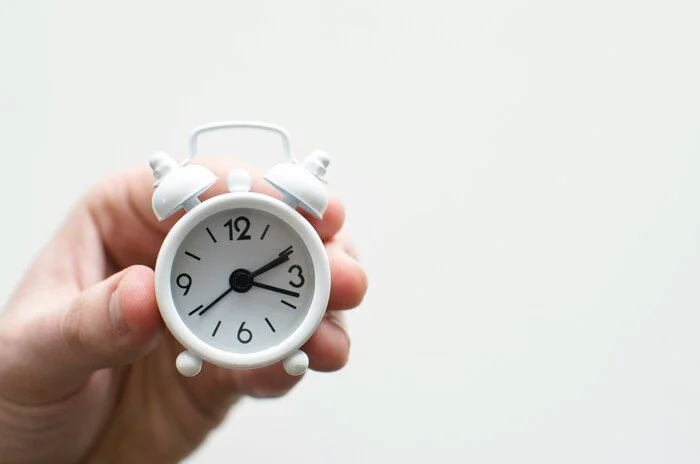How to Manage Anxiety When the Clocks Change
Many people find that the twice-yearly clock change (Daylight Saving Time) can trigger anxiety and sleep disruption. Moving the clocks by one hour disrupts our sleep cycle and daily routine, leaving us feeling unsettled.
Changing the clocks by an hour can disturb your sleep schedule, potentially increasing anxiety and fatigue.
In fact, a UK survey found around 60% of people feel the clock change negatively impacts their sleep– and poor sleep is closely linked to higher anxiety.
Why Does the Clocks Changing Affect Anxiety and Sleep?
Our bodies naturally run on a 24-hour internal clock, known as the circadian rhythm, which regulates our sleep patterns and hormones. When the clocks suddenly shift, even by just one hour, it can disrupt this rhythm, leaving us feeling out of sync, tired, and anxious.
Poor sleep or lack of sleep not only affects our energy levels but can also heighten stress, anxiety, and low mood. Mind UK highlights that poor sleep significantly impacts mental health, intensifying feelings of anxiety and depression, especially if you're already experiencing emotional vulnerability. Recognising this connection is a crucial first step in managing anxiety effectively.
Practical Tips to Reduce Anxiety and Improve Sleep
To stay calm and improve sleep after the clocks change, try these tips:
- Gradual adjustment: A few days before the switch, start shifting your bedtime and wake-up time by about 15 minutes earlier each day. This helps your body clock adjust gradually.
- Good sleep habits: Keep a consistent sleep schedule and follow a relaxing bedtime routine to wind down. Try to avoid bright screens in the hour before bed.
- Morning light: Get outside for morning daylight soon after you wake. Natural light helps regulate your body clock and boosts your mood.
- Relaxation exercises: Practice mindfulness or deep breathing before bed to ease anxiety. Learning to breathe deeply can help you feel calmer.
- Limit stimulants: Reduce caffeine in the afternoon and avoid alcohol late at night, as they can disrupt sleep and worsen anxiety
When to Seek Help for Anxiety and Sleep Issues
If anxiety or sleep difficulties continue beyond a few weeks or become increasingly challenging, it might be helpful to reach out for additional support. Experiencing anxiety after the clocks change is common, and acknowledging that you're finding things difficult is a positive first step. Taking proactive steps now can significantly improve your wellbeing and quality of life.
It’s normal to need a few days to adjust, so any anxiety or tiredness is temporary. By using these steps, you can manage your anxiety and get your sleep back on track.

